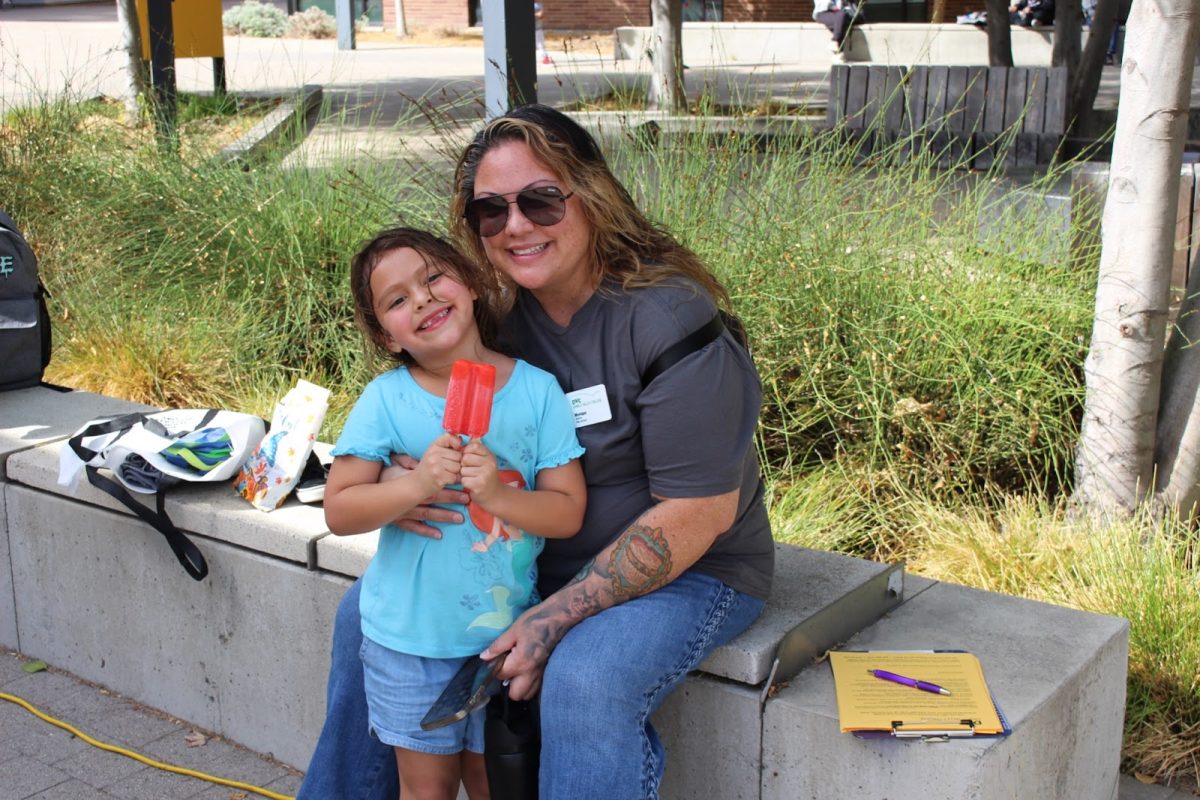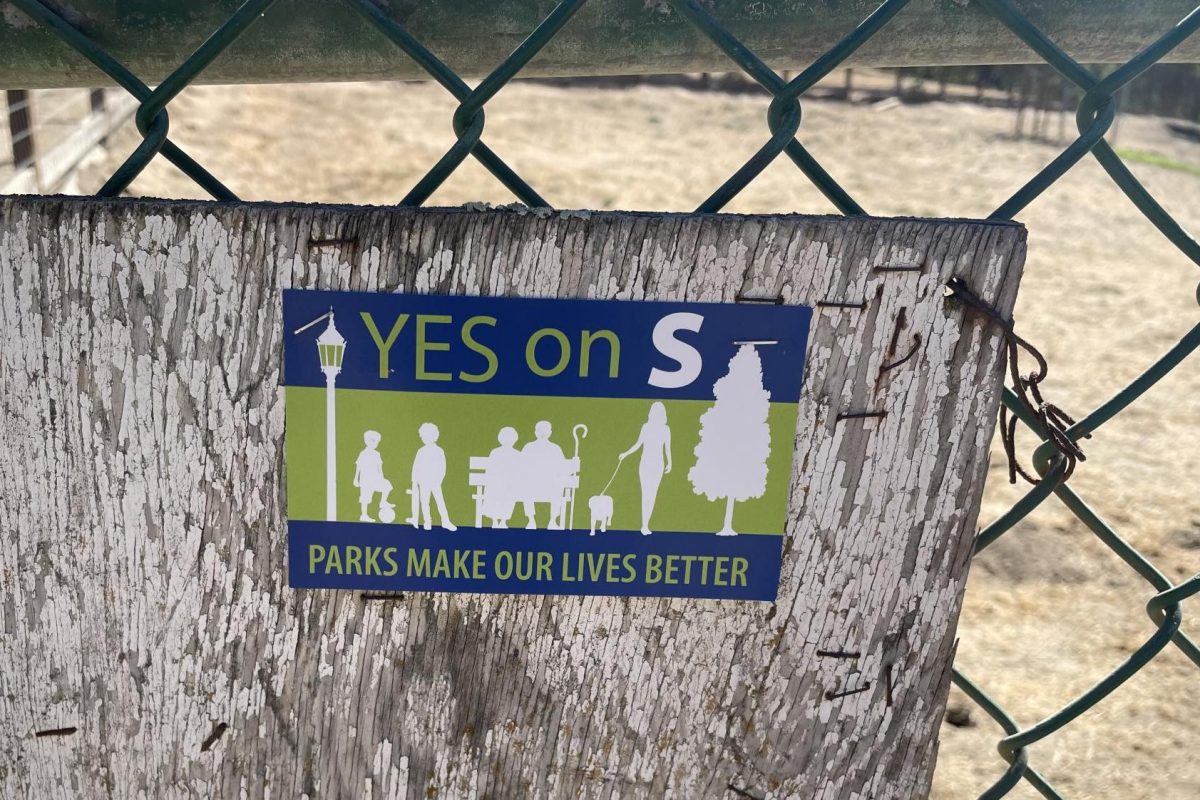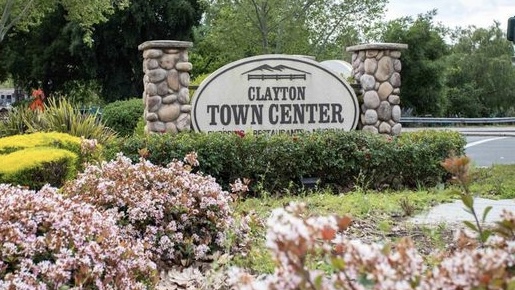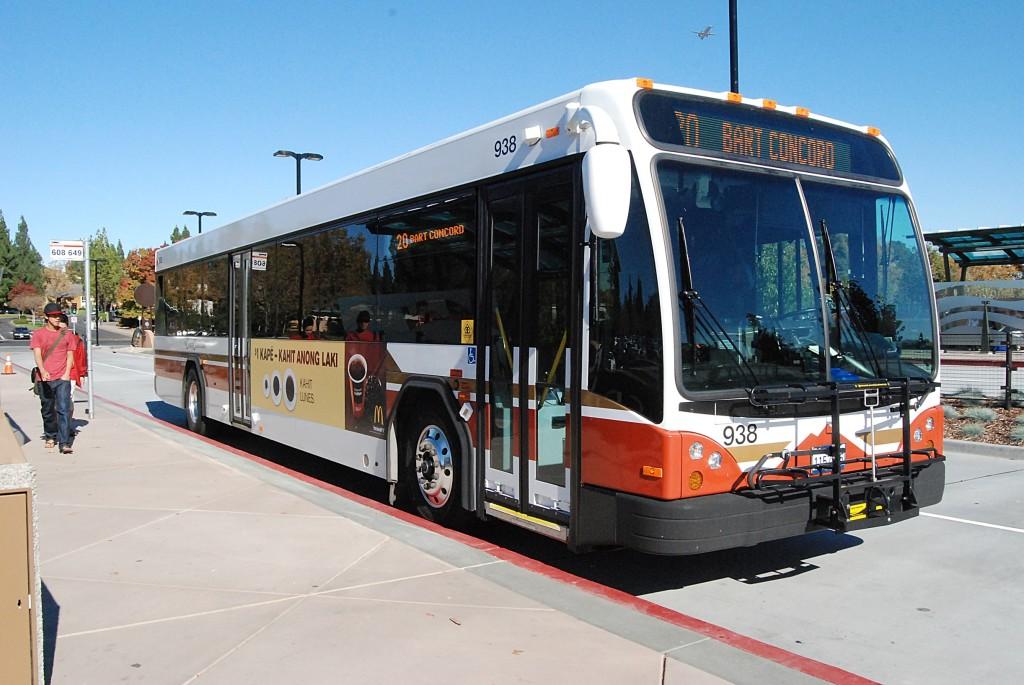With gas prices on the rise and the cost of public transit becoming steeper every year, getting to school has become increasingly difficult for many DVC students.
First-year student Sarel Avila commutes from Clayton, which is only about 15 minutes away from DVC by car, but said because the buses are less dependable, they take triple the amount of time.
“It’s about 45 minutes to get to school and it ends up costing me a lot of money,” he said. “The cost of riding the bus to and from school costs students between $40 and $50 a month.”
DVC’s attempt to solve this problem has been to sell bus passes on campus. The college sells passes to students at a discount, but it pays full price to Contra Costa County Transit Authority, while only receiving about half the revenue. In 2008, they were sold to students for $20, but the college paid the full $53, said Bill Oye, dean of student life.
Since 2009, DVC has capped the number of bus passes they can sell to students at 65 per month. The limit is because there was a cap on the amount of money they could subsidize. The college started selling them in February 2009 and have sold an average of about 60 per month.
The Associated Students of DVC recently approached the CCCTA to reach a deal to provide students with a cheaper and more environmentally friendly way to get to campus.
ASDVC went into negotiations with CCCTA hopeful that they would be able to make a deal similar to the one Los Medanos College made with Tri-Delta Transit.
David Belman, a student life worker at LMC, said the college used to pay Tri-Delta Transit $14,000 every year so that their students could ride the bus for free. The difference of $16,000 was picked up by 511 Contra Costa, a commuter transportation information group for the county.
But CCCTA didn’t like the idea because it didn’t benefit them financially, Oye said.He said that DVC would need to pay CCCTA $302,045 to reach the same agreement LMC had with Tri-Delta.
The price, said Chris Leivas, vice president of finance and administration, is one that the college could not afford.
“It was disheartening to get that message from CCCTA,” Oye said.
Another option for DVC is to put before voters a transportation fee added to registration fees. “It would be a nice thing to have a win-win situation where we get students cheaper transportation and they step away from private transportation,” he said.
Contact Gerardo Recinos at [email protected]









































































